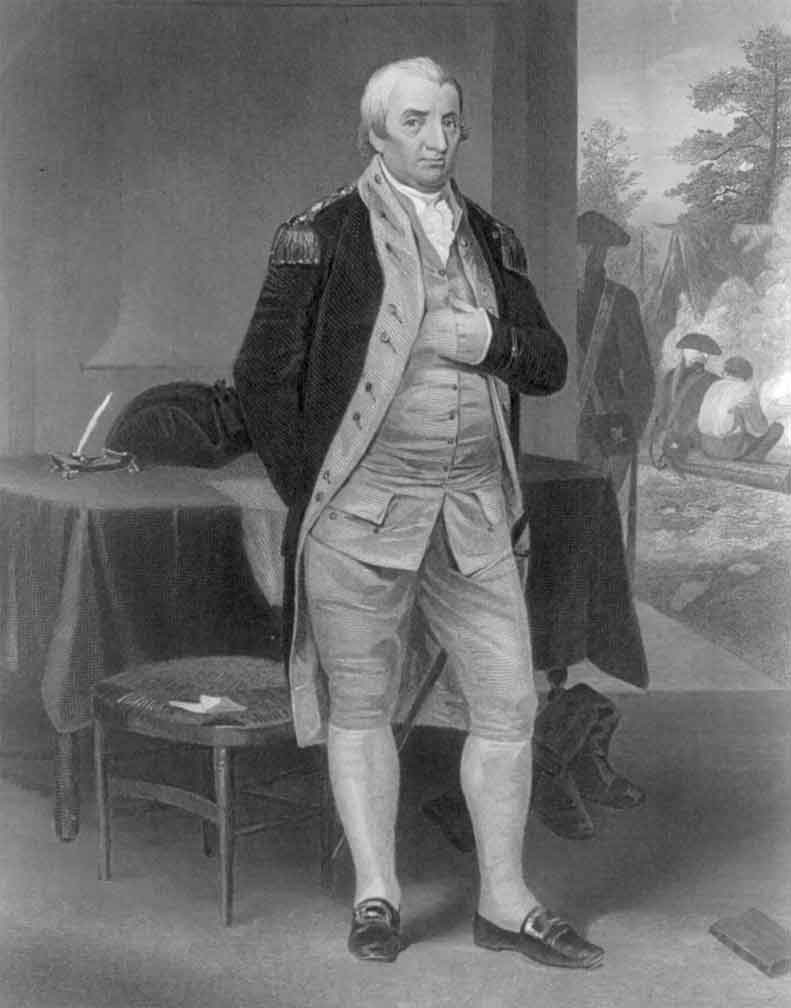Pinckney, Charles Cotesworth

Pinckney, Charles Cotesworth (1746-1825) Signer of the US Constitution: Charles Cotesworth Pinckney, the son of a South Carolina Chief Justice, was born on February 25, 1746, in Charleston., South Carolina. At the age of seven, he was sent to England to be educated at Westminster School, later graduating from Christ Church, Oxford University. He studied law at Middle Temple, in England, and spent nine months at the Royal Military Academy in Caen, France. In 1769, Pinckney returned to Charleston as a lawyer, and was chosen to be Attorney-General of South Carolina. During the Revolutionary War, he served as a military officer and an aide-de-camp to General Washington. When Charleston fell to the British, Pinckney was held as a prisoner of war. He was exchanged in 1782, and commissioned a brigadier-general the next year; although he no chance for further service, since the war was nearly over. After the war, Pinckney returned to practicing law, in which he established a good reputation and generous profits. In 1787, he was a member of the Constitutional Convention, in which he authored Article VI, Section 3, which forbids the use of religious tests to determine qualifications for any government position. Later, he served in the South Carolina Convention to ratify the US Constitution, as well as State Constitutional Convention in 1790. He accepted an offer to become US Minister to France in 1796; after rejecting several offers for official positions. Upon reaching France, the government refused to receive him, reminding him that foreigners could only stay in the country for 30 days without official permission. When he refused to apply for permission, he was asked to leave the country. While on his mission, the French implied that Franco-American tensions could be resolved through money. In reply, Pinckney is credited with replying: "Millions for defense, but not a penny for tribute." Pinckney went to Amsterdam, from which he returned to the United States. When war with France seemed eminent, he was commissioned a major-general, second to Alexander Hamilton, who had held a rank inferior to his in the Revolutionary War. In reaction to this, Pinckney is said to have commented: "Let us first dispose of our enemies; we shall then have leisure to settle the question of rank." In 1800, he was a Federalist candidate for Vice President, later running for President in 1804 and 1808. In 1801, he was chosen to be the first president of the Board of Trustees of the College of South Carolina, was president of the Charleston Bible Society for 15 years, and was the third president-general of the Society of the Cincinnati.
